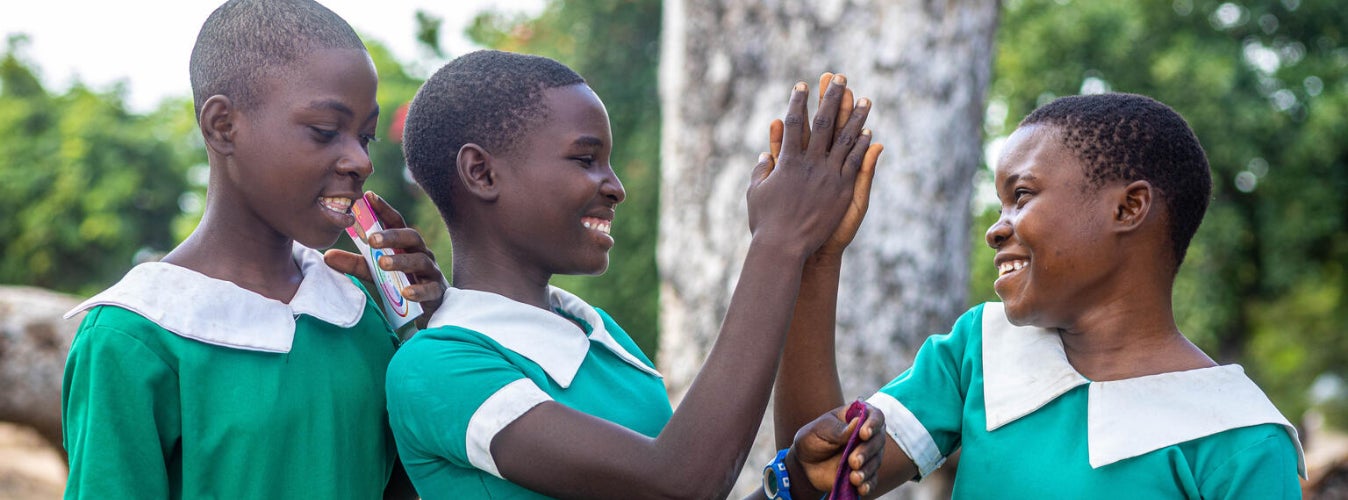What happens when you get your period? For many girls it depends largely on where they live.
For some, it is a day for celebration. But for girls who live in places where menstruation is taboo, it can be an agonising introduction to adolescence and force many to miss school or even drop out all together.

28 May marks Menstrual Hygiene Day and we decided to clean up the messy myths surrounding menstruation and set the facts straight.
Myth 1: Foods like curd, tamarind, and pickles disturb the menstrual flow.
Fact: The food you eat does not decide the flow of your periods. There is nothing you can’t eat on your period.
Myth 2: Girls having their periods should not touch or go near plants. The plant will die if they do so.
Fact: Plants do not discriminate. They thrive on good care, like all of us, irrespective of who it comes from.
Myth 3: Sanitary products should be kept private and covered in paper when purchasing.
Fact: It is completely natural to get your period. Buying sanitary products is like buying soap or toothpaste. They are all personal hygiene products.
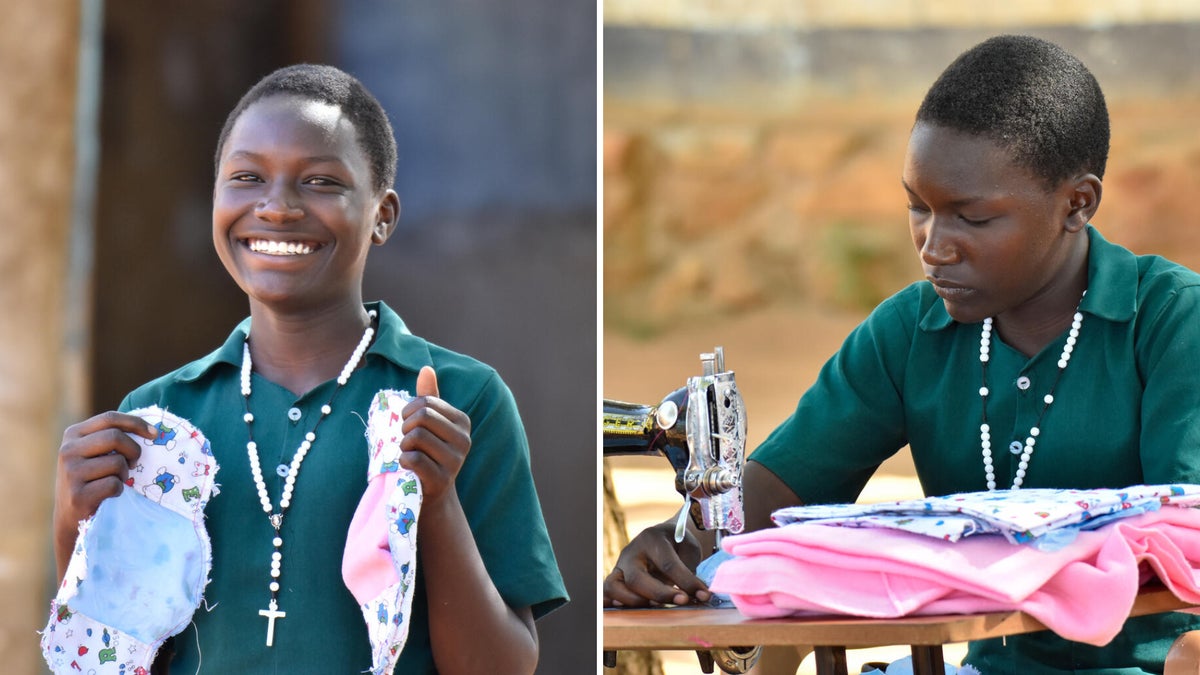
Myth 4: During their periods, girls are impure. Girls having their periods should not cook or visit sacred places.
Fact: Periods are just nature’s way of saying you are growing up. There is nothing impure about periods. Bleeding is a natural process that does not, in any way, affect the places a girl or woman visits or the things she touches.
Did you know? On average a woman menstruates for about 7 years during their lifetime.
Myth 5: Girls having their periods should sleep in a separate shed or a different room.
Fact: Menstruation is not contagious and causes no harm to anyone else in the same room.
Myth 6: Girls who get their periods should drop out of school.
Fact: While this is common for girls around the world, it shouldn’t be. UNICEF and partners are working to support menstruating girls by providing sanitation facilities and educational resources. We are encouraging the community to support girls who need to stay in school and feel good about their bodies and themselves.
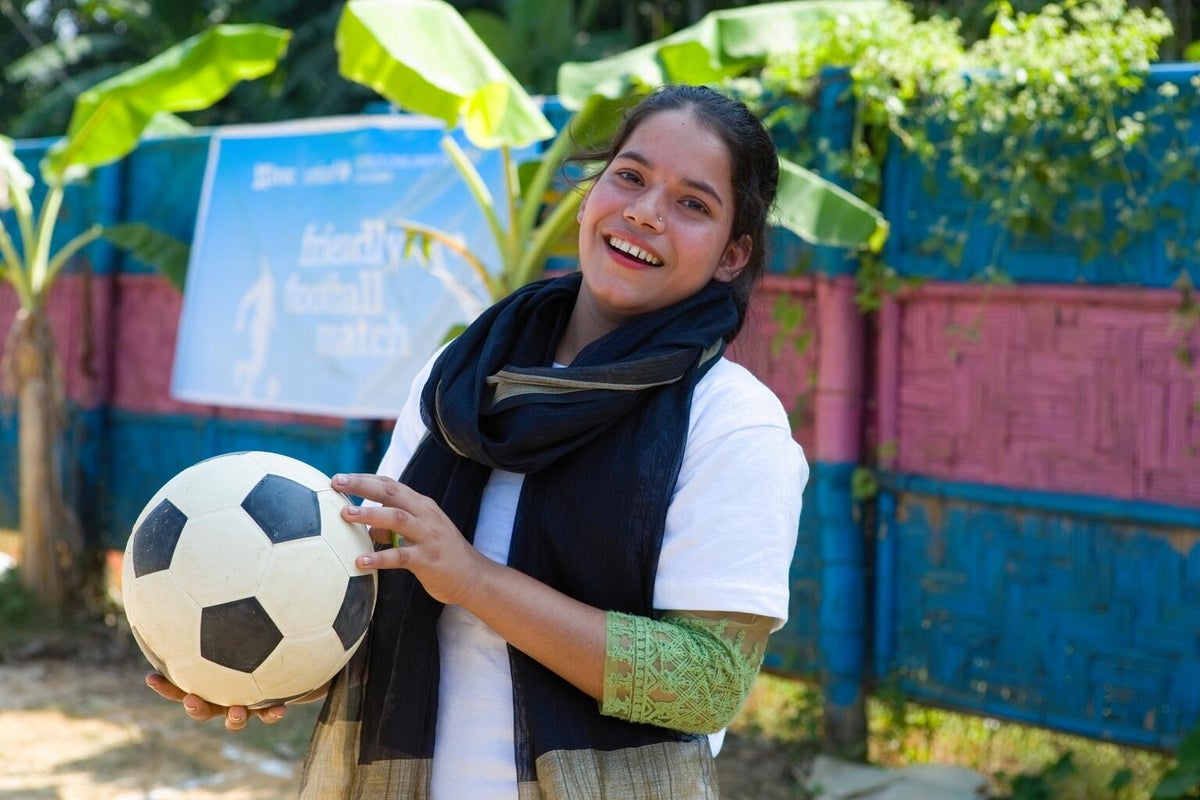
Myth 7: Any form of physical activity can disturb the menstrual flow.
Fact: Exercise and playing sports can actually help relieve pain.
Myth 8: A girl should not talk about her periods in public. If she does, she will be shamed publicly.
Fact: Do you think twice before you talk about your hair, that eyeliner, the shade of your nail paint? Talking about periods is no different. In fact, menstruation classes in schools for both boys and girls can give girls the courage to talk about their periods and help reduce stigma.
UNICEF is working to ensure every girl has the opportunity to go to school, learn, make friends and prepare for the future. We're calling for more open discussions on periods to reduce stigma and ensure every girl feels safe and comfortable in schools.
No girl, no matter where they or where they are from, should be excluded from a basic right. Period.
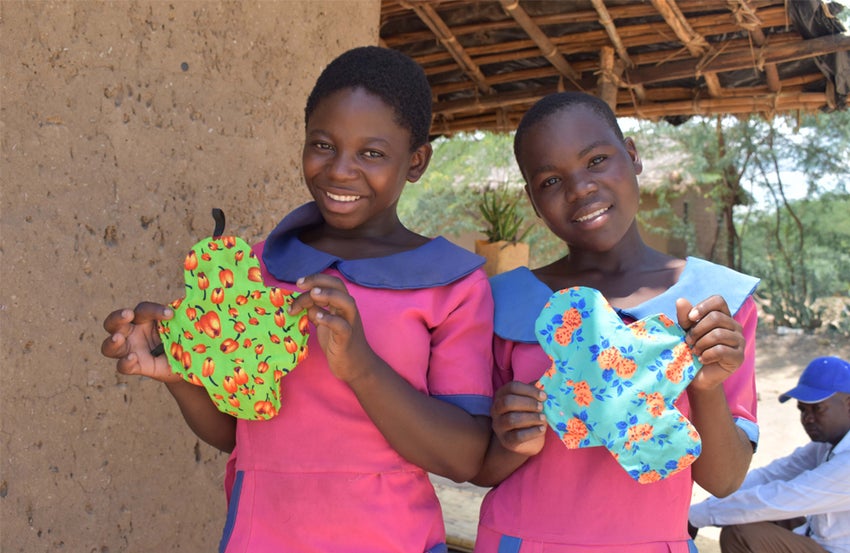
Empower girls to stay in school
During their period, girls can often be forced to miss school due to stigma and a lack of access to facilities. This can also pose health risks, including reproductive and urinary tract infections. “Period shame” can have negative psychological effects, disempowering girls and causing them to feel embarrassed about a normal biological process. These reusable pads can offer girls the privacy and dignity to carry on with their lives.
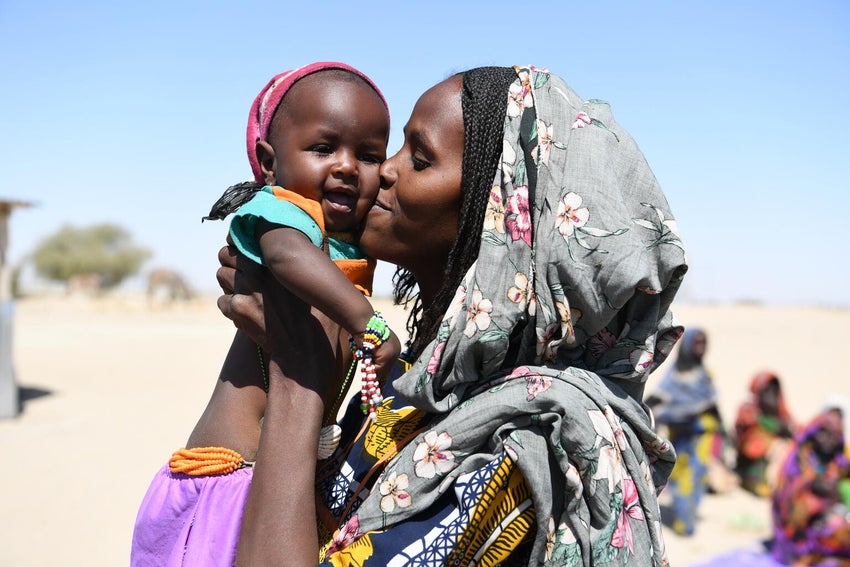
Subscribe and stay connected
Get the latest updates, inspiring stories, and ways to get involved, delivered straight to your inbox.
When you subscribe to UNICEF Australia’s email, you’ll learn how we’re making a difference in the lives of children, here in the Asia Pacific and around the world. From emergency relief to long-term development programs, UNICEF is there for every child when they need it most.
Related articles
Stay up-to-date on UNICEF's work in Australia and around the world



